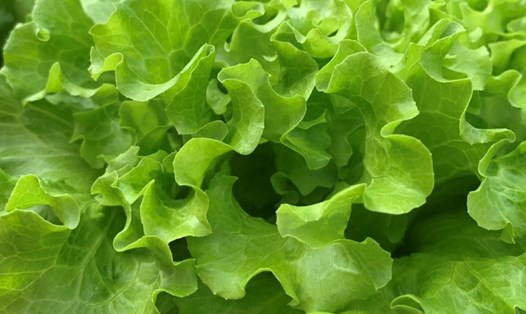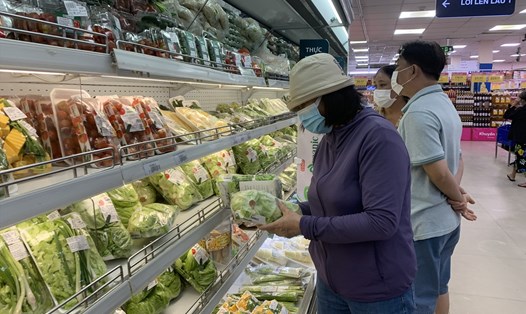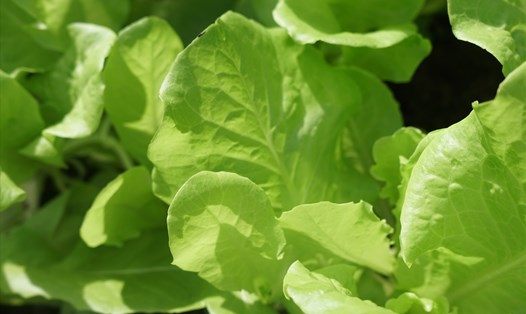Prolonged heat causes many housewives to worry about the quality of green vegetables - an indispensable part of daily meals. How to choose vegetables to be both fresh and healthy for the whole family without worrying about chemical residues? Here are some suggestions for vegetables that mothers should prioritize in the summer and the right tips for choosing:
1. Water spinach - " King" of summer
Not only is it a familiar rustic dish, water spinach also contains many vitamins A, C, iron and antioxidants that help cool and detoxify the liver. Water spinach is grown organically with a small trunk, light blue color, no unusually shiny, crispy stems and little crushing.
Choose vegetables with natural buds, leaves that are not too shiny and do not have a strange smell (a sign of using stimulants).
2. Malabar spinach - "pharmotherapy" for young children
Malabar spinach contains many vitamins C, B, carotene and fiber - good for the digestive system, cool the liver, support immunity. Malabar spinach is less susceptible to pests and diseases, so it is rarely sprayed with pesticides.
Choose a bunch of vegetables with thick leaves, slightly dark, and not shiny. If Malabar spinach is too lush green and unusually soft, then consider it.
3. Gotu kola - Detoxify the liver, cool the body
Often used in juices, soups or blended foods, gotu kola has the effect of cooling down, reducing fever, fighting inflammation and supporting blood circulation.
Clean pennywort is often naturally green, the leaves are not too even, the body is crispy and has a characteristic light aroma.
4. Bitter vegetables - "superfood" purify the body
Bitter vegetables are a bit uncomfortable for children, but are great for adults: cool-down, diuretic, reduce blood fat and anti-inflammatory. In particular, the characteristic flavor helps vegetables to be less susceptible to pests and diseases, limiting the use of chemicals.
Prioritize vegetables with natural green, not yellow or mushy, when stir-fried, they have a slight aroma and a characteristic sandy - bitter taste.
5. Menopause - Anti-inflammatory, effective detoxification
Quinoa is a spice but also a familiar taste in Chinese medicine, helping to relieve inflammation, reduce fever, and treat flu mildly. Natural essential oils help reduce pests and diseases.
Choose small leaves with clear canopy and no white spots. Avoid black-smelling vegetables, signs of spraying pesticides.
6. Lettuce - Natural "pharmase" in the garden
With its characteristic confusing smell, fish lettuce has strong antibacterial properties, thermolises, diuretic and regulates blood pressure. Choose vegetables with fresh leaves, slightly purple on the under surface, soft stems but not mushy. Do not choose vegetables that show signs of waterlogging or odor.
7. Sam bo - Increases resistance, antioxidants
Sam loong grows wild but is rich in omega-3, vitamin E, iron, potassium and antioxidants. The juicy stems of Sam bo help the body cool down very well.
Fresh Sam bows often have light pink stems, small leaves, and grow symmetrically. Do not choose crushed, dark vegetables on the stems.
When choosing vegetables in the hot season, prioritize buying vegetables at organic stores, supermarkets with VietGAP certification, organic or clear origin.
Avoid vegetables that are too shiny, too young, or have a strange smell, as they may contain resistance to stimulants or pesticides.
Soak vegetables in diluted salt water or rice water for 15 - 30 minutes before processing to remove chemical residue (if any).









